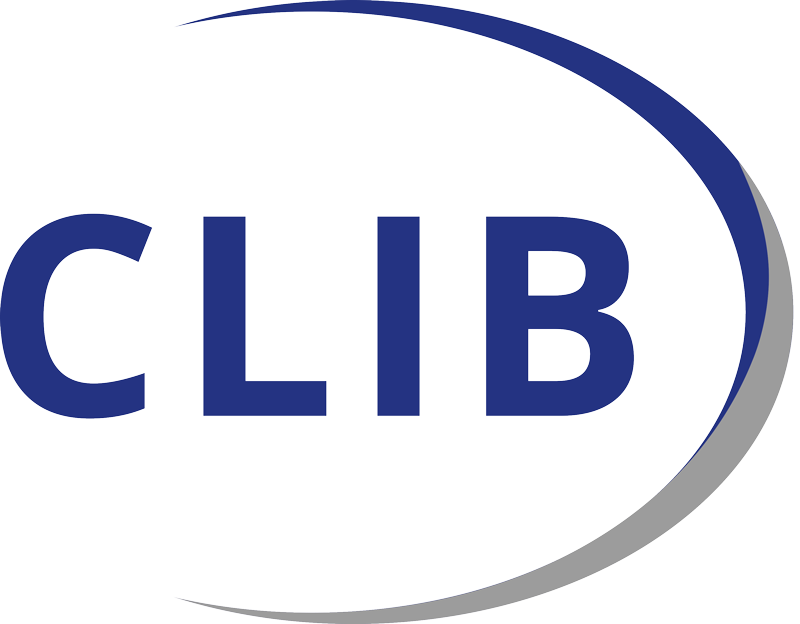Review: Realise-Bio & FARMŸNG Forum

“Upgrading biogenic side streams – feed and food ingredients for a circular bioeconomy” CLIB Forum Event
What are the current developments in the valorisation of biogenic side streams? How can value be added to the feed and food market and how do changes in the market and consumer behaviour influence the availability of side streams? We explored these questions together with six speakers and over 50 participating guests at our online forum event on 13 June 23. The thematic framework of the event was given by two projects: the CBE JU flagship project FARMŸNG, which aims at the industrial production of alternative proteins and lipids from Tenebrio molitor, and the Interreg VI project Realise-Bio, which focuses on the sustainable use of biogenic side streams in the German-Dutch border region and funds innovative model projects.
After a short introduction of both projects, the word was given to Felix Bischoff, the first speaker of this online event. Felix introduced Jäckering, which is traditionally a food processing company. Its product portfolio includes, among others, wheat starch, wheat protein and related side streams, but the company also acts as a processing unit for external feedstocks. The in-house research department “Jäckering Research GmbH” was established in 2014. Felix Bischoff presented their investigation into the fermentative conversion of internal and external side streams into value-added products.
Sophie Roelants from Amphistar shifted the focus away from the food and feed production, but instead focused on valorisation of its side streams. As Amphistar’s Innovation Manager she is working on the production of biosurfactants from food waste. The flexibility of the fermentative process allows the production of a wide variety of sophorolipids for specific applications in the cleaning and personal care sectors. The use of residual and waste streams is trendsetting and Amphistar aims at further applications of their sophorolipids.
In his talk, Niklas Wolfering from Illucens led the audience through the cultivation process of black soldier flies. These are grown, fed, and processed into proteins and lipids for the animal feed market in a fully automated vertical farm the company pioneered. Niklas particularly emphasised the easy scalability, the flexibility of the larvae feed, and the black soldier fly’s conversion efficiency to high-quality protein.
The use of a very specific waste stream was presented by René Kurvers. The company Pectcof extracts hydrocolloids from the pulp of coffee cherries for use in the food and beverage industry. Their product DutchGum® could especially replace functional ingredients such as gum arabic, guar gum, or carrageenan in various applications. Pectcof plans to increase the production capacity to commercial scale by 2027 and searches for partners connected to the American markets.
The next presentation targeted the connection of various players involved in the use of residual biomass. Tanja Meyer from the Bio Base Europe Pilot Plant presented the Tech4Biowaste platform, which has been developed over the last two years. The aim is to effectively network technology providers with feedstock owners and thus reduce the hurdles in the valorisation of food and garden waste streams.
Finally, Jules Rombouts from Nature’s Principles presented how lactic acid can be produced from various biogenic side streams. Nature’s Principles uses naturally occurring lactic acid bacteria in a patented fermenting process that does not use refined sugar as a carbon source. The product targets the agricultural and livestock market and can be used as a fertiliser additive and the acidification of slurry.
Parallel to the presentations, the participants were able to network with the speakers on a virtual whiteboard. New contacts could be made, and the latest trends and drivers of the food and feed market were discussed. To take advantage of the funding opportunities provided by the Realise-Bio project, some of the presenting SMEs and start-ups formulated their needs and opportunities for cooperation. Model projects, consisting of a German and Dutch partner, can now be submitted to the lead partner CLIB and we are already seeing the first ideas taking shape.
We thank all speakers and participants for a successful forum and look forward to seeing you again at the next CLIB event.


